Drought played a key role in the development of the onion season. "Last year, production in Europe suffered enormously. There were issues in the Netherlands, Europe's leading onion producer, Germany, France, and Spain," stated Fermin Utrilla of Biodiversa, a company that specializes in the production of organic onions, potatoes, and beets. "As a result, prices in autumn and winter reached never before seen heights; especially in the Netherlands, where there we no cheap onions throughout the entire campaign. In fact, right now they are offering the last onions for more than a euro because there are no onions left."
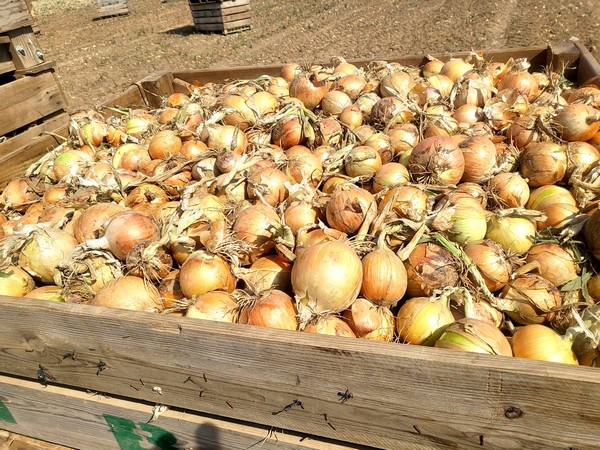
“To give you an idea, the last price we received for conventional 70-80 caliber onions in big bags is €1.22/kg. Since prices have reached very high levels this year many Dutch organic products have been transferred to conventional products. Consumption in Europe is in recession, Fermin stated, “and organic sales have slowed down after having been growing at double digits. This year the prices of conventional and organic products were very similar but there was more output in the conventional segment, so there are operators who have preferred to sell their organic products as if they were conventional products.”
In any case, this leads to a reflection on the consumption of organic products, Fermin stated. “If sales of organic products have not increased, it is because, ultimately, the price factor is not as important as we thought."
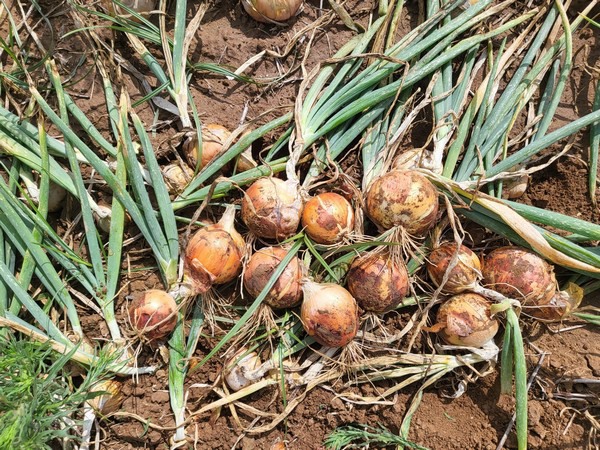
“The supply of onions in Europe will be very limited until July 15"
Currently, Biodiversa is harvesting onions in the earliest areas, the most important of which is Andalusia. However, due to the great drought, "the planting area has been reduced by 50% and the yields obtained are generally very low,” Fermin Utrilla said. “Producing with so little water has been really challenging. We had to fight against two factors: low water availability and increased consumption due to high temperatures. In my particular case, I am very surprised because under these conditions, using a deficit irrigation system with sensor control, I was able to obtain the same yields with half the water."
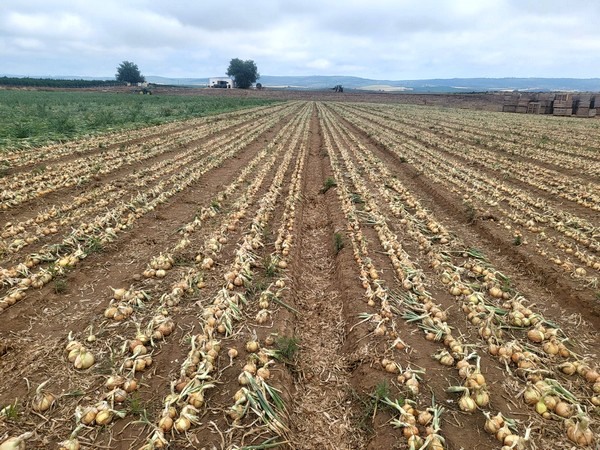
In this situation, prices started strong. “The first Spring onions were paid at €0.70/kg to the farmer, but traders have been exerting an unjustified downward pressure with the supply-demand relationship at the moment. I have the impression that supermarkets are playing the heroes by lowering consumer prices to the detriment of the primary sector. ”
“I see no reason why prices have to go down as there are no onions in Europe,” Fermin added. “Even the Egyptian product, which is of a lower quality, is very expensive. The strong pressure exerted on the Spanish onion is incomprehensible because it does not correspond to the situation of the European market.”
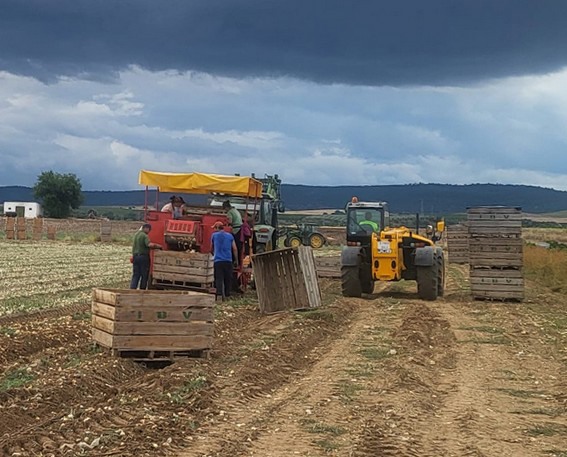
In addition, the imbalance is growing day by day because, in addition to the drop in production due to the reduction in plantings, the rains in May "practically destroyed the cultivation of onions in Murcia, making the supply even scarcer. And yet I am not seeing any repercussions on Spanish onion prices, but a reluctance on the part of operators to raise prices in line with the market situation and artificial downward pressure.”
“My market is not Spain because we are focused on exports, but it's something that's happening. They bought too many expensive onions from the southern hemisphere and they only started with the Spanish onion after they sold it, causing a blockade that drove prices down for farmers. However, it is also true that if supermarkets switch to Spanish onion and export to Eastern European countries, the price situation could change,” he said.
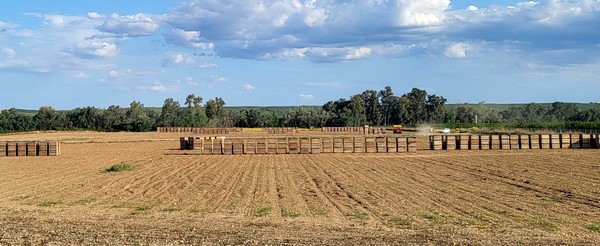
“From mid-July/early August, when the first European areas start to enter the market, the supply of onions will increase, but until July 15 the volumes available will be very low.”
For more information:
Fermín Utrilla
Biodiversa
info@biodiversa.es
